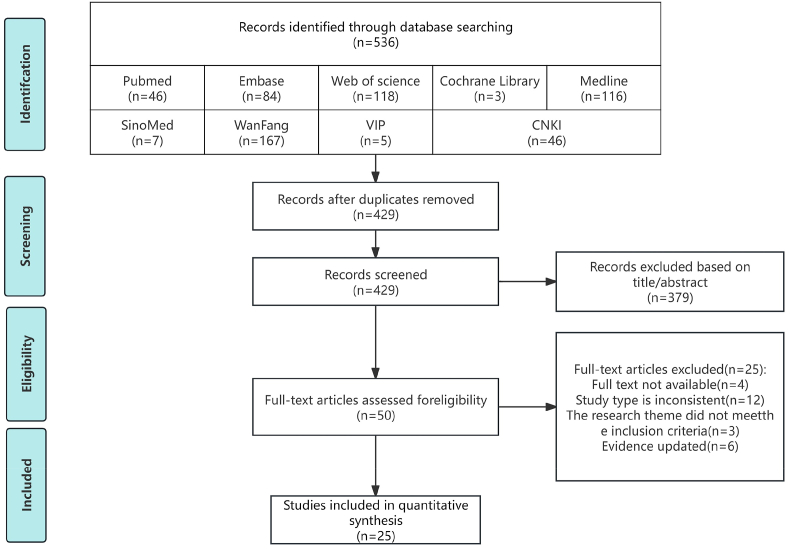Evidence summary on management strategies for gastroesophageal reflux symptoms in patients following esophageal cancer surgery
IF 2.8
3区 医学
Q1 NURSING
引用次数: 0
Abstract
Objective
This study aimed to summarize evidence-based strategies for the self-management of gastroesophageal reflux symptoms (GERS) at home among patients who have undergone esophageal cancer surgery, providing practical references for clinical practice.
Methods
A systematic evidence summary was conducted based on the reporting standards of the Fudan University Center for Evidence-based Nursing. Literature was retrieved from international and Chinese databases, including guidelines, expert consensus, systematic reviews, and original studies. The search covered the period from the inception of the databases to June 30, 2024. Two independent reviewers appraised the quality of evidence and synthesized recommendations across six domains: reflux symptoms, assessment, treatment, health education, follow-up, and outcome indicators.
Results
A total of 25 high-quality studies were included, comprising 10 guidelines, 10 expert consensus documents, two systematic reviews, and three original studies. Thirty-four evidence items were synthesized, emphasizing a combination of pharmacological treatments, lifestyle modifications, and health education to improve self-management outcomes.
Conclusions
This evidence synthesis highlights effective strategies for home-based self-management of GERS after esophageal cancer surgery. Future research should focus on culturally tailored interventions and large-scale studies to further enhance the applicability and reliability of these findings.
Trial registration
This study was registered at the Fudan University Center for Evidence-Based Nursing (Registration No. ES202446701).


食管癌手术后胃食管反流症状处理策略的证据总结
目的:本研究旨在总结食管癌手术患者在家自我管理胃食管反流症状(GERS)的循证策略,为临床实践提供实用参考。方法:根据复旦大学循证护理中心的报告标准进行系统的证据总结。文献从国际和中国数据库中检索,包括指南、专家共识、系统综述和原始研究。搜索范围从数据库建立到2024年6月30日。两名独立审稿人评估了六个领域的证据质量和综合建议:反流症状、评估、治疗、健康教育、随访和结局指标。结果:共纳入25项高质量研究,包括10项指南、10份专家共识文件、2项系统综述和3项原始研究。综合34个证据项,强调药物治疗、生活方式改变和健康教育相结合来改善自我管理结果。结论:本证据综合强调了食管癌术后ger家庭自我管理的有效策略。未来的研究应侧重于针对文化的干预措施和大规模研究,以进一步提高这些研究结果的适用性和可靠性。试验注册:本研究在复旦大学循证护理中心注册(注册号:ES202446701)。
本文章由计算机程序翻译,如有差异,请以英文原文为准。
求助全文
约1分钟内获得全文
求助全文
来源期刊

Asia-Pacific Journal of Oncology Nursing
Multiple-
CiteScore
2.80
自引率
11.10%
发文量
136
审稿时长
31 days
 求助内容:
求助内容: 应助结果提醒方式:
应助结果提醒方式:


